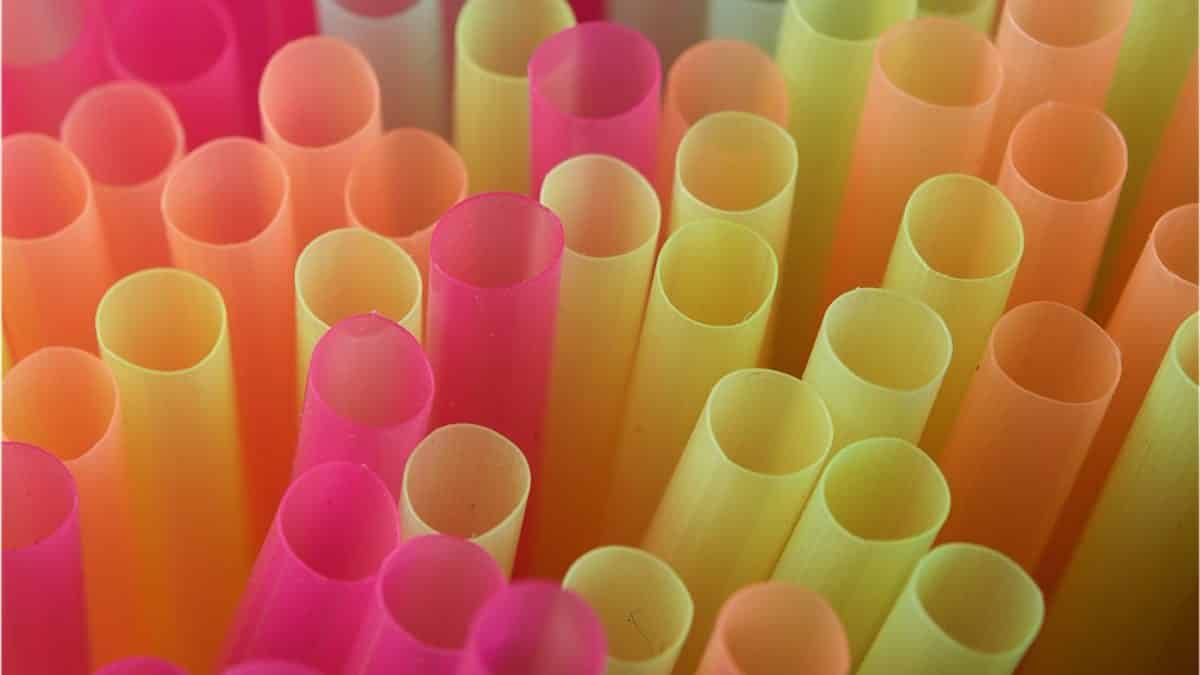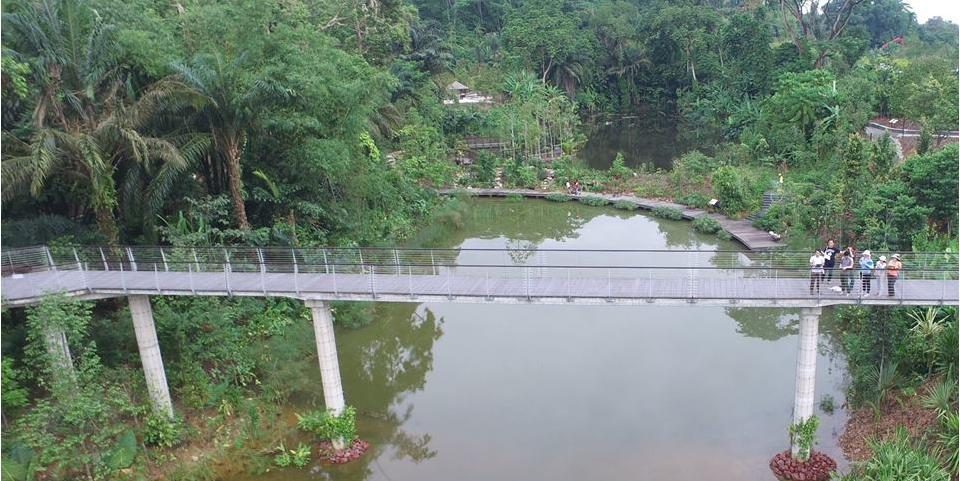JAKARTA, INDONESIA — An oil and gas expert predicted that Indonesia will have to rely on imported fuel for the next 20 years due to its limited refineries capacity and declining crude oil output.
In an interview with CNBC Indonesia on 23 August, Mr Ari Soemarno—former director of state-owned oil firm PT Pertamina from 2006 to 2009—said that Indonesia’s refineries’ capacity stands at one million barrels per day.
“In my opinion, we cannot avoid fuel and LPG import. That’s the reality. Our oil and gas infrastructure is stagnant at one million barrels per day.
“Our crude oil production does not increase. It is stuck in 650,000 barrels per day. If we add fuel production by increasing the capacity of our refineries, we still have to import crude oil. That will not affect our trade balance,” Arie stated.
Secretary-General of the National Energy Council (DEN), Mr Djoko Siswanto echoed Mr Arie’s statement, adding that Indonesians’ need for fuel continues to rise due to the increase in the number of vehicles.
“The consumption of fuel has risen, as the population is growing and the numbers of vehicles are increasing.
“However, we have successfully overcome the solar import by B30 (the government’s policy that requires the use of 30 per cent blended biodiesel). We still import fuel, crude oil, and liquefied petroleum gas (LPG),” he said in the interview along with Mr Arie.
The number of vehicles in Indonesia increased 5.3 per cent to 133,617,012 in 2019 — up from 126,508,776 in the previous year, the Statistics Agency (BPS) stated.
Previously, Minister of Energy and Mineral Resources, Mr Arifin Tasrif stated in April that the government is planning to stop importing fuel and LPG in 2030.
“In our national strategy, we are planning to stop importing fuel and LPG in 2030,” Mr Arifin said.
To divest from imported fuel, Indonesia will need thousands of trillion to boost refineries’ capacities and energy transition such as coal conversion and gas infrastructure, Mr Arie said in an interview with CNBC Indonesia on 29 April.
“Investment in the oil and gas plus coal sectors, however, proves to be challenging at present, because foreign investors are seeking guaranteed margins that can support their profit.
“Foreign investors are now considering environmental factors such as carbon emissions and energy transition aimed at reducing the impact of climate change,” Mr Arie said.
Indonesia continues its effort to reduce fuel imports by focusing on the development of refineries through The Refinery Development Master Plan (RDMP)—a revitalisation project of five existing refineries in Balongan in West Java, Cilacap in Central Java, Dumai in Riau, Balikpapan in East Kalimantan, and Plaju in South Sumatera.
PT Pertamina is partnering with Russia’s Rosneft to build a new refinery in Tuban, East Java. The refinery is expected to produce 300,000 barrels per day.
Before being a net importer of oil in 2003, Indonesia was once one of the world’s largest oil-producing countries.
According to data from BP World Statistics in 2012, Indonesia’s oil output reached 1.6 million barrels per day in 1977.
Two energy experts—Bisman Bhaktiar from The Center for Energy and Mining Law Studies (PUSHEP) and Ucok Sigalingging, a consultant at Pertamina who used to work for a multinational oil giant PT Chevron—told TOC why Indonesia turned to be an oil importer.
In addition to the country’s limited refinery capacity, which forces it to rely on Singapore’s refineries, Indonesia’s ageing oil fields are among the reasons behind the nation’s reliance on imported oil.
“The solution is to export crude oil … On the other hand, we import fuel. The technical reason is not all domestic refineries can process all types of crude oil.
“The other reason is the oil mafia, who benefits from the import of oil,” both Bisman and Ucok explained in an interview with TOC.








